From Grace to Grass: A Family’s Agony after Loss of Breadwinner
Jan 21, 2015
Story
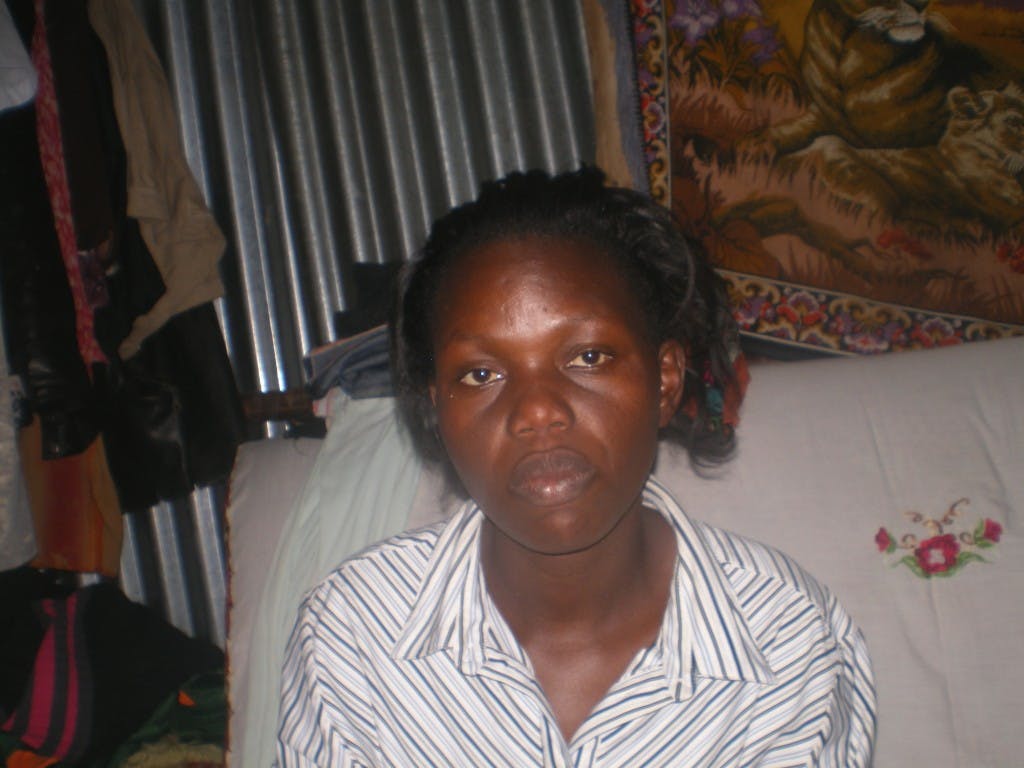
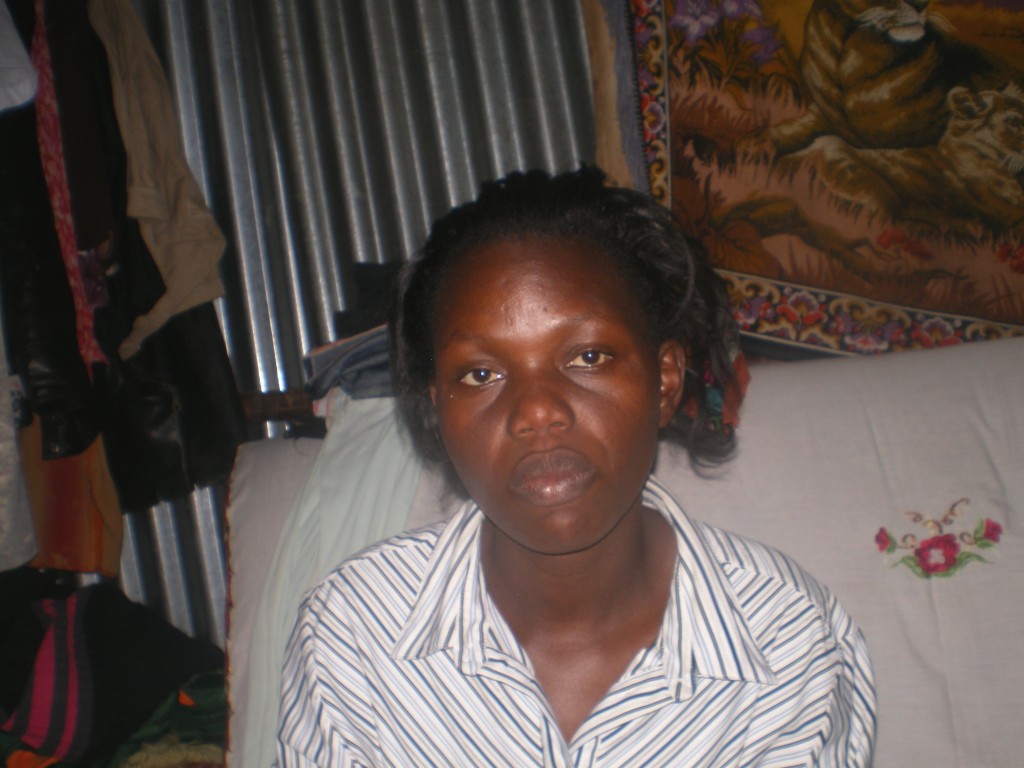
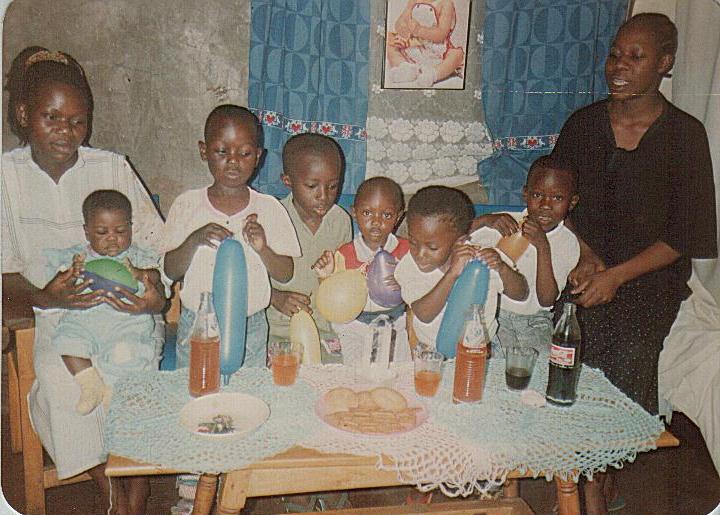
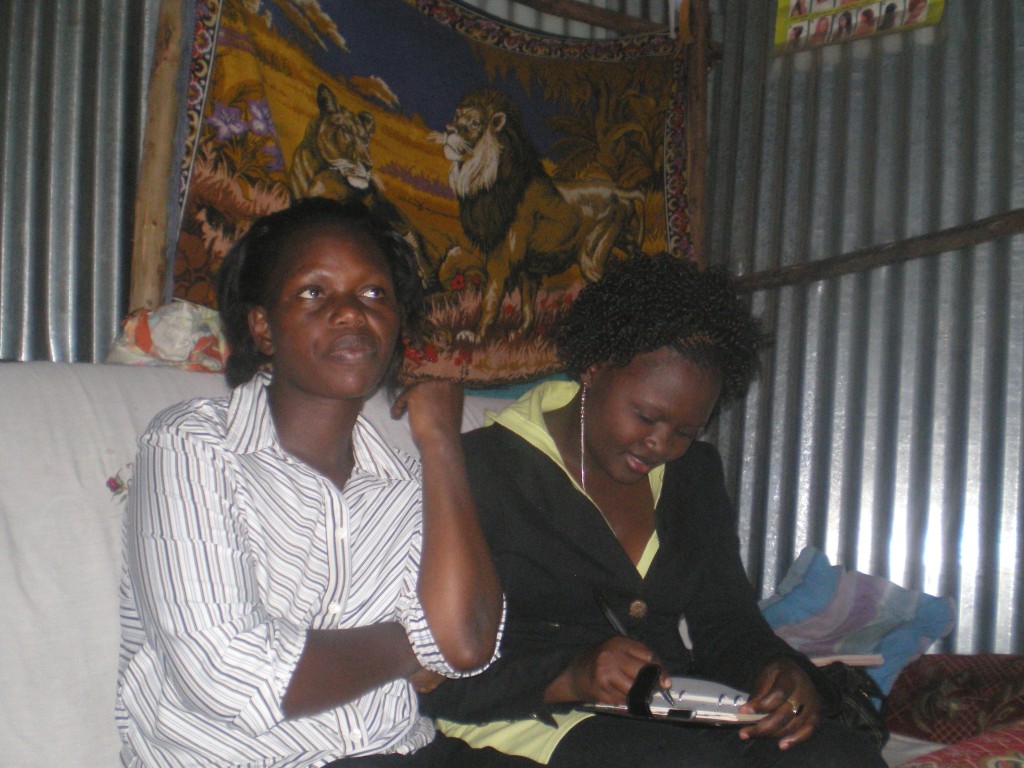
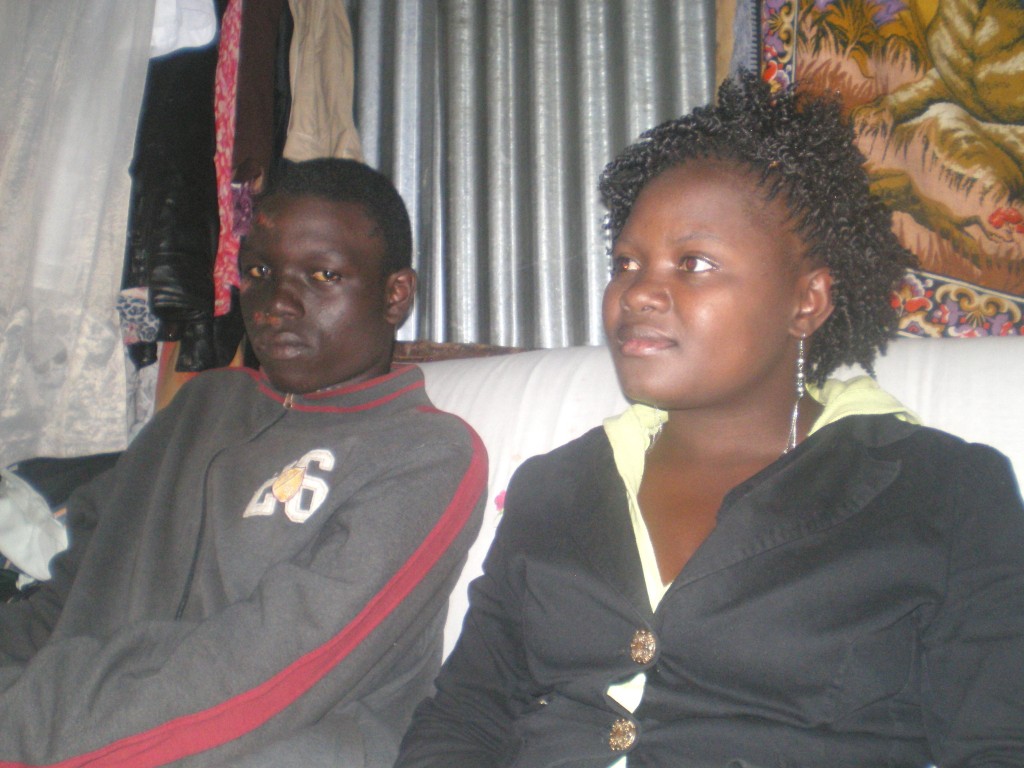
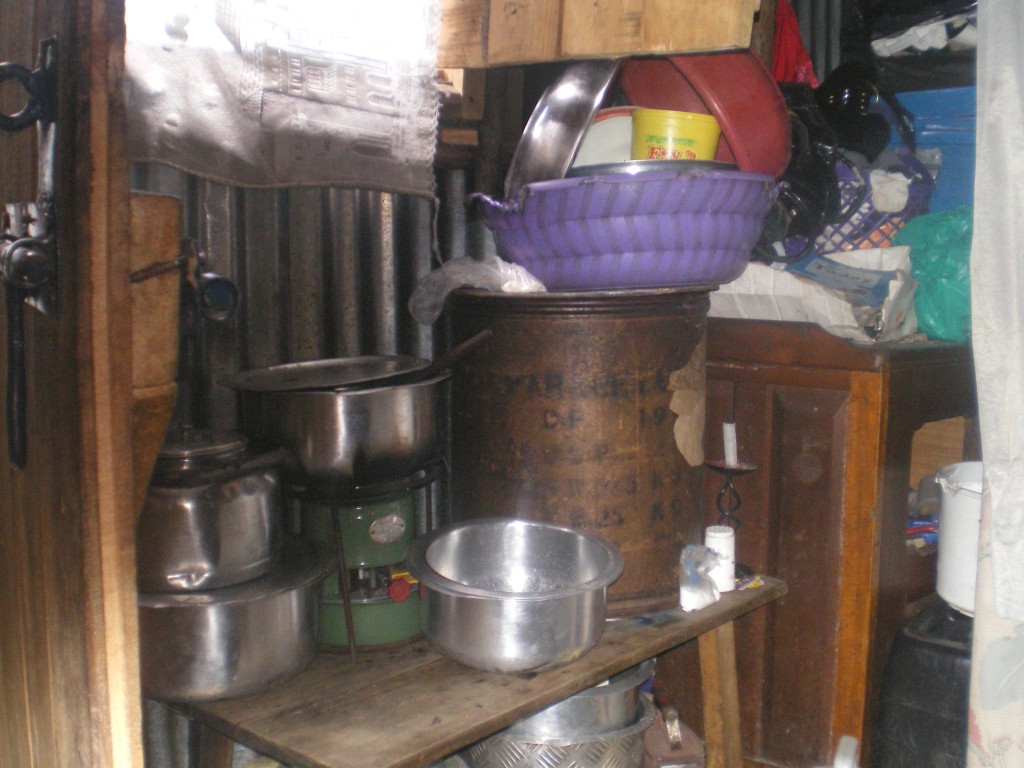
Meet a 37-year-old widow and mother of six in her struggle against all odds to put ends together and give hope to her children in the face of harsh economic conditions. Violet Atieno’s dreams of a better life for her family were cut short after her husband, Paul Aluoch, a taxi driver by then, was shot dead in August 2005. And according to her and her family, all their hopes were buried on that sad dark, gloomy Saturday as they said farewell to their breadwinner.
“I did not know where to start from especially after his family came to demand for ‘their son’s’ property, claiming that I was in a bid to short-change them,” she says.
Widowed at 33 and without any professional training in any field because she dropped out of school in form two after getting pregnant at 17, her journey has been a nightmare in her quest to feed six hungry mouths, give them education, shelter and all the basic needs that they require. She recounts how painful it was when her husband’s relatives came knocking, took away everything that they had build together with her husband and left the family without any source of income. “We had to move from a posh two-bed roomed rental house from an up market estate to Kiambiu slum,” she said. Kiambiu is a fast-growing slum in Nairobi’s Eastlands that harbors a population of about 50,000 residents. And it is this temporary-sheltered, poorly-drained, no electricity place that Violet and her children have called home for the past four years.
“Welcome to my home,” she says, ushering me in a dark, one-roomed, tin and sheet-walled shanty that could barely hold two creaky chairs, a bed and some kitchenette, leave alone its seven occupants. As my eyes get accustomed to the dim room, I see several pieces of cloth hanging on the tin wall, just complimenting the dangling soot strands from the low-lying roof. But the house occupants do not seem to mind anything…they are used to everything, she says. I also see someone lying on a mat at a corner, the sheets barely covering the legs. I later learn it was Eugene, her second born son. Eugene’s face and hands had bruises all over; some were big wounds that were just healing. “He developed a strange disease in late 2005 that has now evolved to full-blown epilepsy,” she said, adding that Eugene was just recuperating from the injuries he got from the last incident that occurred last Sunday.
Eugene never went beyond primary eight due to this disease that occurs occasionally and leaves him with physical, emotional and psychological bruises. His mother has no financial capacity to link him to a hospital where he can get special medication. “I have left everything to God,” she says. I try to engage Eugene in a talk, asking him how he felt after he sat on a chair. He only looks at me and shakes his head. I understand and bother him no more.
I get so curious as to how Violet manages to put all her troubles in one basket and carry them around. “I take odd jobs ranging from washing dishes and clothes to selling porridge by the wayside to plaiting and braiding people’s hair,” she tells me. But this, she says does not amount to anything much to cater for her family’s needs. Being in a slum, the chances for such jobs are hard to come by due to competition, and they are usually lowly-paid. “The most that I make per day is Kshs. 300 (about US $ 3.75), which I spent on food,” she says, pain written all over her face. Leaving ‘from hand to mouth’ leaves her with no savings to settle her Kshs. 1,000 monthly rent and any other needs, considering that she has 18-year-old Eugene who requires special attention.
The family has come this far through donations from friends and well-wishers. When her husband died, her first born son, Ferdinand, was in high school and despite completing his O’levels in 2006, getting a job has been a problem because he never furthered his education due to lack of school fees. Don, her third born is in form one at a local school, courtesy of a well-wisher, same to Diana who is now in Primary eight, courtesy of The Church Army Community Scholarship. And if you think her worries are over, you are wrong… “I don’t know how Diana will join high school because the scholarship only caters for her primary education,” she says.
Violet’s wish is to get some training in hair dressing so that she can have a better bargain in a decent job search. “If only we could get an organization that supports widows, or a better infrastructure where we could access micro-loans or Women’s fund, that could raise me out of this,” she says. As I leave her, my heart is heavy, just thinking about this widow who vowed never to be inherited after her husband’s death due to high rates of HIV/AIDS. I am still thinking about her…




